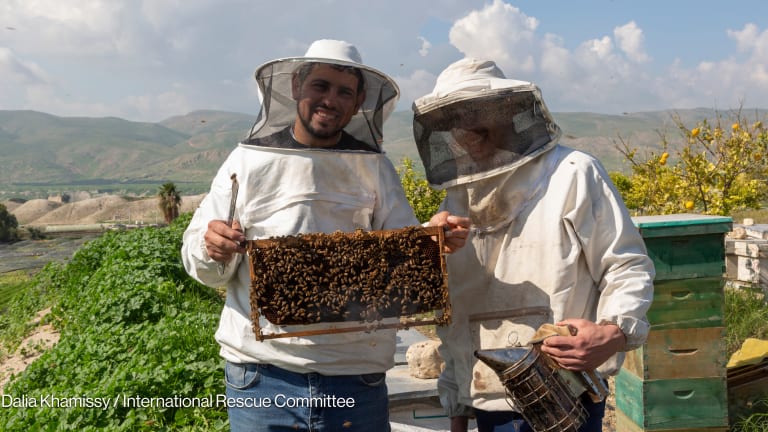Recruit 300 employees for a new 100-bed facility in 30 days. That’s the challenge the United Nations presented the International Rescue Committee earlier this year following the Ebola outbreak in West Africa.
And at this month’s Career Development Roundtable in Oslo, Norway, Allan Freedman asked participants to gather in groups and brainstorm strategy to tackle the same challenge — encouraging each team to develop the maximum number of ideas without editing or censoring.
Quick response to a humanitarian crisis requires an innovative team that can immediately identify what competencies are required and put them into action, according to Freedman, who advises IRC on public-private partnerships and innovation. And if the United Nations comes back seeking a more nimble response to the outbreak — one that involves smaller and more numerous treatment units with fewer beds — teams have to be able to adapt just as quickly, he noted.








